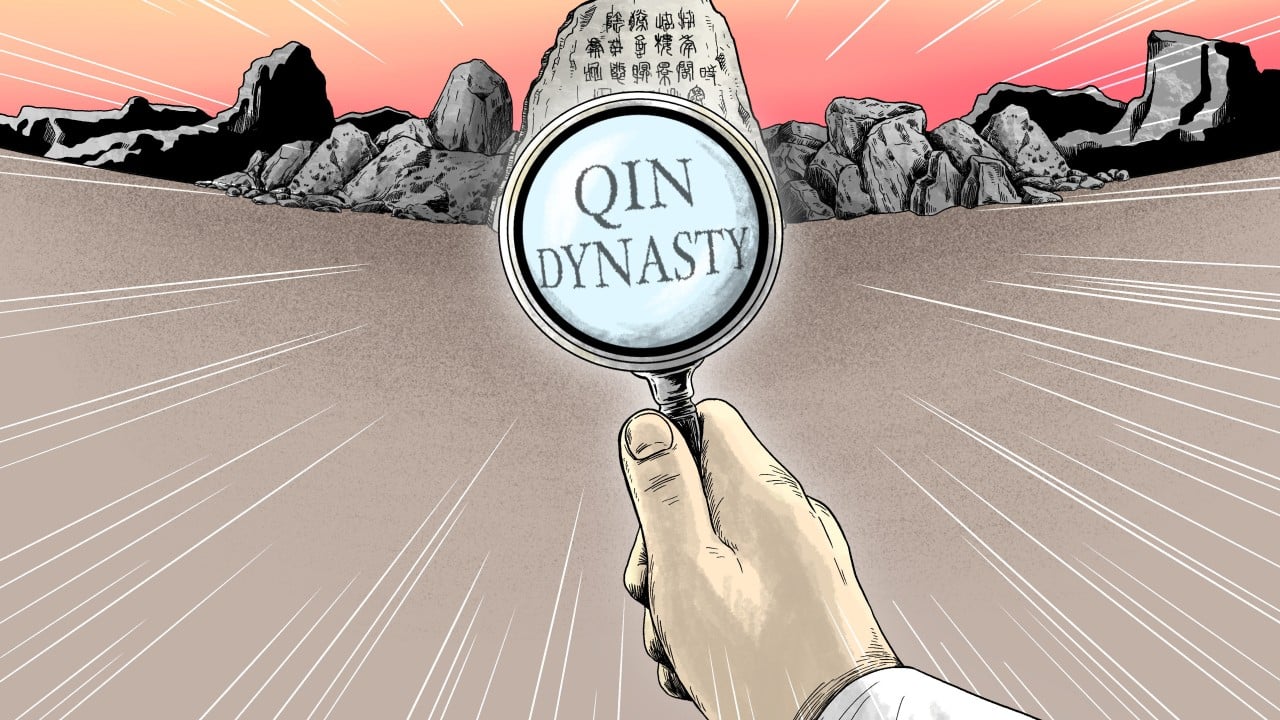High on the Qinghai-Tibet Plateau in southwestern China and northeastern India, archaeologists recently discovered a 2,246-year-old stone inscription that might record one of the most mysterious chapters in Chinese history.
Advertisement
The stone reads: in the 26th year of Qin Shi Huang’s reign, the emperor commanded the five Grand Master Yi to lead a group of alchemists westward to the Kunlun Mountains in search of the elixir of immortality.
The team travelled by carriage to the mountain, arrived at Zhaling Lake in what is now Qinghai province on the day of Jimao, or first in the third month, and would proceed another 150 li – about 75km – to reach their final destination, according to the stone found near the lake, at an altitude of 4,300 metres (14,100 feet).
The text was engraved in small seal script, or xiaozhuan, the written script standardised during the Qin dynasty (221-207BC).
Tong Tao, a researcher at the Chinese Academy of Social Sciences’ Institute of Archaeology, reported his findings in the state-run Guangming Daily on June 8.
Advertisement
“This stone carving at the source of the Yellow River is the only stone carving left by Qin Shi Huang after he unified China that still remains at its original site. It is also the most complete one and is of great significance,” he wrote
The discovery suggests that Qin Shi Huang, who was the founder of the Qin dynasty, may have launched a westward expedition in search of the elixir of life, an event not mentioned in ancient texts. History records the emperor sending alchemist Xu Fu eastward towards Japan on a quest for the elixir of immortality.

